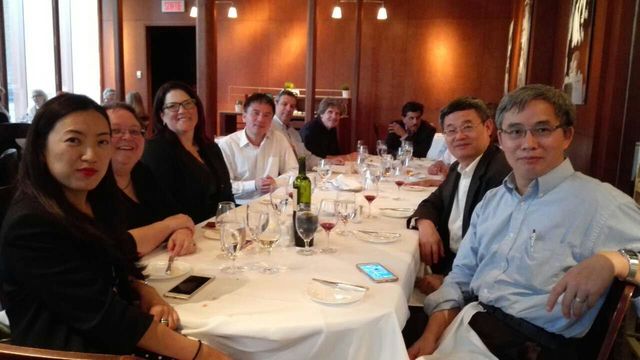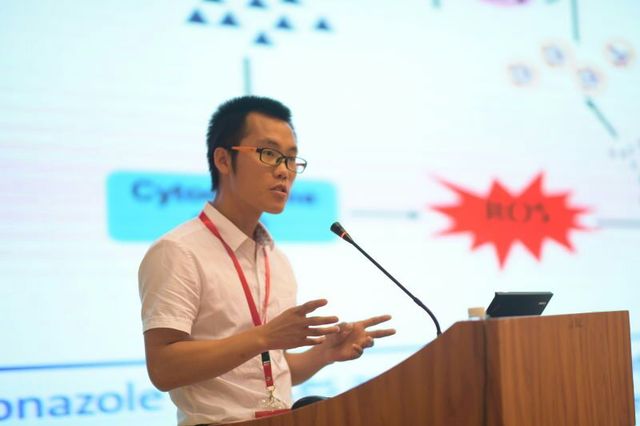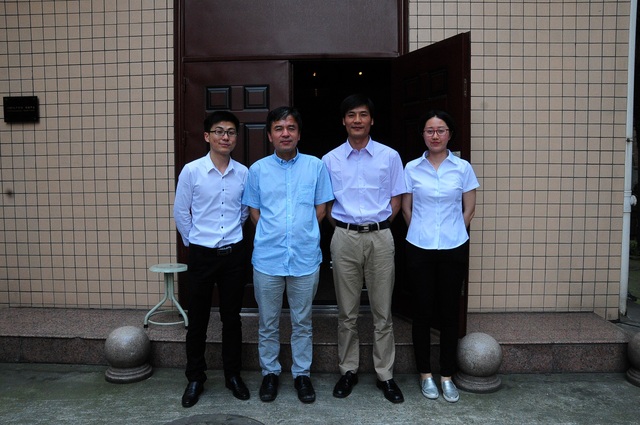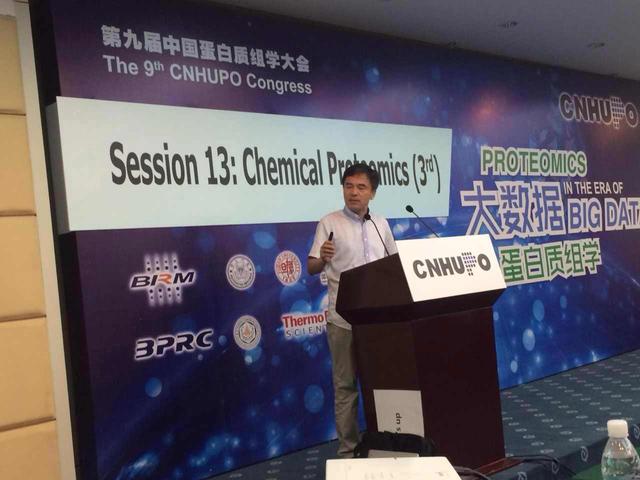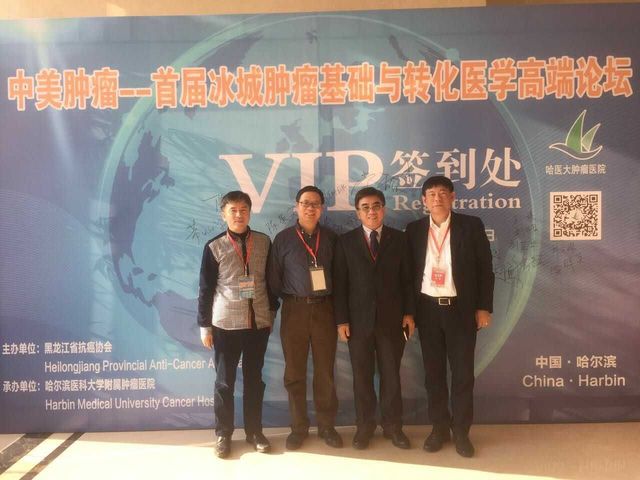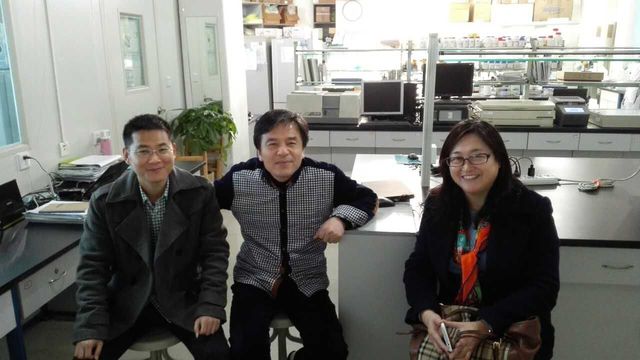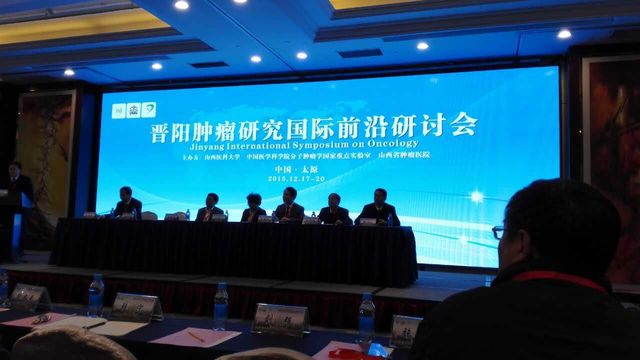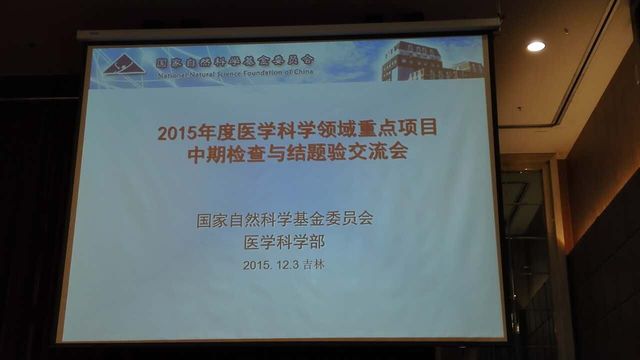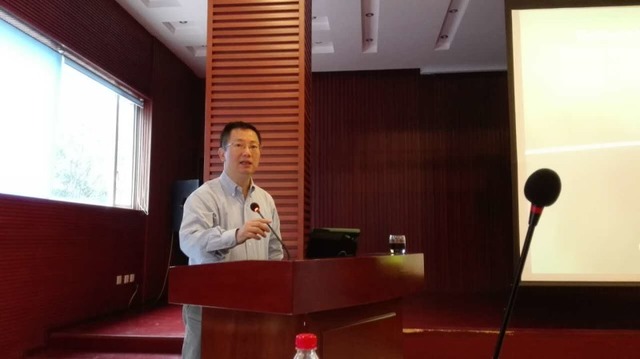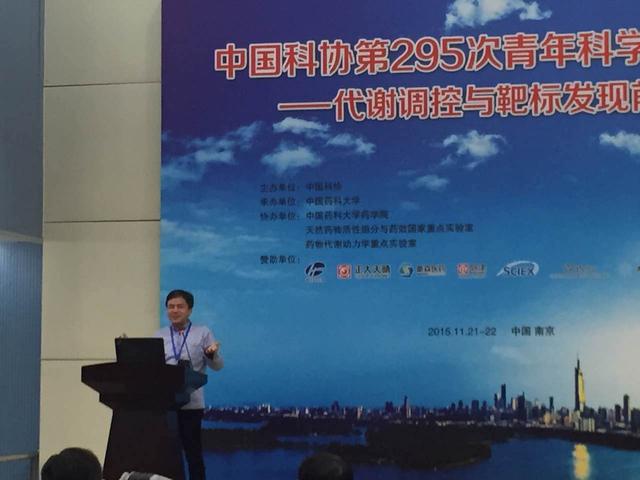Dr. Canhua HUANG
Professor of The State Key Lab of Biotherapy, West China Hospital, Sichuan University
[Resume]
Prof. Huang received his doctor's degree from Chinese Academy of Sciences in 2000. After accomplishing his postdoctoral research at National University of Singapore, he was hired as a Research Scientist of Oncology Research Institute, National University of Singapore in 2003. He returned to China in 2005 and was appointed as a Professor of the State Key Lab of Biotherapy, West China Hospital, Sichuan University. He was appointed as the dean of West China School of Basic Medical Sciences & Forensic Medicine, Sichuan University from 2017 to 2021. In 2012, he won the National Science Fund for Distinguished Young Scholars of China, and took up the post of the Chief Scientist for National 973 Program entitled “Proteomics Profiling of the Redoxomes Associated with Virus-induced Carcinogenesis” from 2013 to 2017. In 2014, he was hired as the Changjiang Scholars Program Endowed Professor. In 2018, he served as the director of an Innovative Research Group of the National Nature Science Foundation of China, entitled “Redox Signaling Regulation and Carcinogenesis”. In 2020, he was a member of the 8th Discipline Evaluation Group of Academic Degrees Committee of The State Council (Basic Medicine Group). He was selected by Elsevier 2020, 2021, 2022 and 2023 China Highly Cited Scholar and won the First Prize of Natural Science Award of the Ministry of Education in 2020. He was awarded special allowance by State Council in 2018. In 2023, he served as the Chief Scientist of National Key Research and Development Program of China "The mechanism and intervetion strategies of oxidative stress-mediated protein dynamic modification in tumor".
Prof. Huang has published over 120 SCI papers in international academic journals, including Nat Microbiol、Nat Commun、Cell Rep、Gastroenterology、J Hepatol、Hepatology、Drug Resist Updat、EMBO Mol Med、Cancer Res、J Extracell Vesicles、Mol Cancer、Autophagy、Adv Funct Mater、Adv Sci (Weinh)、Small、Cell Death Differ、Oncogene、Mol Cell Proteomics . In addition, he was invited to publish review articles in international journals, including Trends Biochem Sci、Signal Transduct Target Ther、Semin Cancer Biol、Drug Resist Updat、J Hematol Oncol、Mass Spectrom Rev、Antioxid Redox Signal、Med Res Rev、Biochim Biophys Acta Rev Cancer . In addition, he is Deputy Editor in Chief of the international academic journal MedComm, Executive Editor of Anal Biochem, and editorial board member of Signal Transduct Target Ther, Proteomics, Antioxidants.
[Research interest]
Redox regulation in tumorigenesis
The mechanism of virus-induced tumorigenesis
[Undergraduates Education]
Recently, the Innovation Class of State Key Lab of Biotherapy aims at cultivating "inter-disciplinary talent with a solid foundation in biology and chemistry, and a medical or pharmaceutical foundation, with innovative consciousness and a certain level of scientific research capabilities." The class has received strong support from the school and plans to select 80 outstanding students in the Class 2015 students of science, engineering, and medical majors of the university to carry out careful cultivation. The tutors in the innovation class are Academicians, Changjiang Scholars Program Endowed Professors, winners of the National Science Fund for Distinguished Young Scholars or Outstanding Youth Science Foundation of China, National "Thousand Talents Program" Scholars or Youth Scholars, or outstanding doctoral tutors.
Our lab attaches great importance to the education of undergraduates. Professor Huang has been awarded "Outstanding Instructor for Top Innovative Talents" by Sichuan University for five consecutive years. Our lab is based on "honesty" and the students are "United with love and make progress together". Former undergraduate students have published academic papers in international academic journals including Mol Cell Proteomics, Autophagy, Free Radical Bio Med, and Int J Cancer. The first authors of 14 papers are undergraduates. We warmly welcome undergraduates who are honest and trustworthy and interested in life sciences to study in our lab. There are no other requirements.

